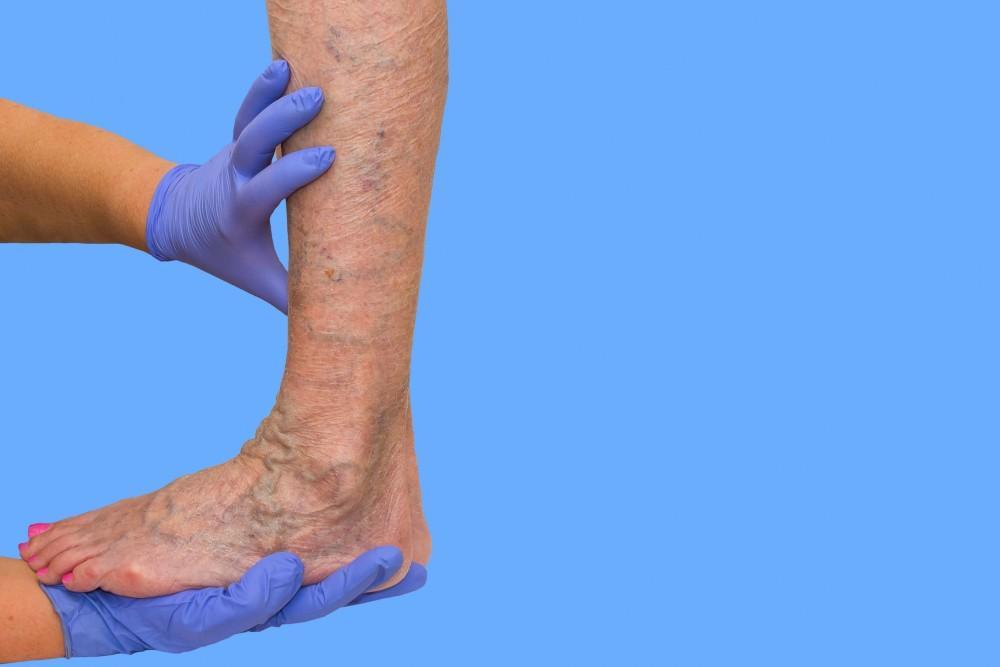Up until recently, many Americans had no idea what chronic venous insufficiency (CVI) was. Thanks to the President being diagnosed with this vascular problem, many of us are hearing about CVI for the first time, even though CVI is fairly common — it affects 25 million adults in the United States.
As vascular experts, Dr. Ariel Soffer and the team at Soffer Health Institute are no strangers to CVI, and it’s one of the more common issues that we treat here at our practice.
So, given the recent headlines, we thought it would be a good idea to present a bit of background information on CVI, which is a growing problem in America, as our population ages.
Chronic venous insufficiency basics
To call your cardiovascular system hard-working is an understatement — the entirety of your blood circulates through your body three times every minute!
While all your blood vessels and your heart contribute to this effort, the veins in your legs have an added hurdle — they have to deal with gravity and distance to get blood back to your heart and lungs for oxygen.
To overcome these hurdles, these veins feature tiny, one-way valves that close as blood passes through. This action is designed to prevent blood from spilling backward and keep it, instead, moving back up your legs.
When you have CVI, these valves weaken and don’t close all the way, which allows blood to pool in the veins in your legs. When this occurs, the blood can engorge the vein, and the pressure can send it to the surface, giving you a varicose vein.
So, if you consider that up to 30% of the general population gets varicose veins, you can assume that CVI is active in many of them.
Complications of CVI
On its own, CVI isn’t an emergency, but it definitely bears watching closely. The first signs of CVI are often the varicose veins we just mentioned, but the complications and symptoms can increase over time and include:
- Achy, tired legs
- Leg cramps
- Discolored skin
- Shiny patches of skin
- Edema — swelling in your lower legs due to fluid buildup
- Restless leg syndrome
- Venous stasis ulcers
We want to linger on this last complication a little more, as it can be very serious. When you have CVI, the blood pressure in your legs can build to the point where you develop sores, and these sores don’t heal easily. Why? For the very same reason they developed in the first place — poor circulation in your legs.
Poor circulation in your legs can prevent healing resources from getting to the sore, which can leave you open to infection.
This is not only one of the most serious side effects of CVI, but it also affects about 20% of people with CVI, so it’s a side effect that happens with more frequency than you might think.
Moving backward again, if you’re concerned that you might have chronic venous insufficiency — because you have varicose veins or your legs feel tired and achy for no reason — we highly recommend that you come in for a vein evaluation.
To set that in motion, please contact one of our offices in Weston or Hollywood, Florida, to schedule the consultation.



